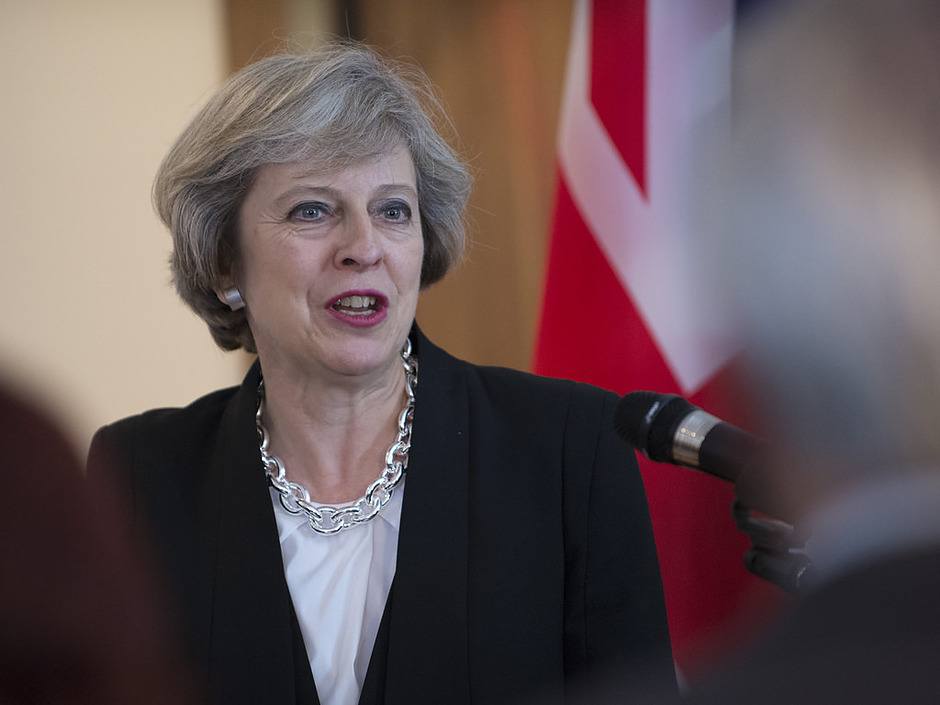Brexit Monitor: May is losing control over the Brexit process but no credible alternative has emerged yet

The House of Commons went back to business this week and the first thing on the agenda for 2019 was the debate and vote on PM Theresa May's Brexit deal, which began on Wednesday. The vote is due to take place on Tuesday, 15 January. Nothing seems to have changed since the MPs went on Christmas holiday and the most likely outcome is still that the deal will be voted down next week (we now estimate an 85% probability up from 75% given the development this week, more on that below). PM May's strategy was to get "further assurances" from the EU, but it has not been sufficient to win MPs over. The EU has very clearly said that it will not renegotiate the withdrawal agreement, but has expressed it is not in the EU's interest to keep the UK in the backstop indefinitely. The EU would probably like to be more helpful, but has not been able to help May, as she has not told the EU leaders what she needs to get support for her deal.
What happens if the deal is voted down? A defeat seems widely expected, so markets will not react to the defeat itself but to the size of the defeat. A narrow defeat means that she might be able to get it through at a later stage when we are closer to the 29 March deadline, but a big defeat means we are in uncharted territory (and we cannot rule out that Theresa May will resign). Based on her defeat on the so-called "what next" amendment on Wednesday this week, May will be forced to present a Brexit plan B within three days if she loses the vote on Tuesday, which seems very likely. Remember that a previous amendment means that the MPs can debate and amend her plan B. Both mean that the House of Commons has taken more control over the Brexit process, but the problem remains that there is no credible alternative with backing from a majority of the House (also the EU negotiates with government and officials, not parliaments). It also means that PM Theresa May is not able to run down the clock in order to get support for her deal.
We still think some outcomes are more likely than others (see our game tree on page 4). The default option is a no deal Brexit, but it would only happen "by accident". While some hardcore Brexiteers are advocating a no deal Brexit, there is not a majority for it in parliament and the government's defeats on several amendments support this view. The problem is that it will happen nonetheless by default unless the centrist MPs from different parties find a common way forward and so far they have failed to do so. We attach a 15% probability of a no deal Brexit (assuming the deal is voted down next week).
We continue to believe the probabilities of a soft Norway-style Brexit and snap election are low (10% and 5%, respectively, assuming the deal is voted down next week). In the soft Norway-style Brexit, there would not be any economic consequences, but the political damage would be significant, as the UK would be subject to all EU laws (including EU contributions and accepting free movement of people) without representation in institutions, agencies, etc. In that case, it would make more sense to just stay in the EU. We think the probability of a snap election is very low. The Prime Minister cannot call for a snap election anymore and this could only occur if (1) the Commons voted for no confidence in the government and no new government was formed within two weeks, or (2) the Commons dissolved itself by a two-thirds majority. It is difficult to see the Conservative MPs having the incentive to support a snap election, as they risk losing their seats (Labour and the Conservatives are neck and neck in the opinion polls).
Author

Danske Research Team
Danske Bank A/S
Research is part of Danske Bank Markets and operate as Danske Bank's research department. The department monitors financial markets and economic trends of relevance to Danske Bank Markets and its clients.

















